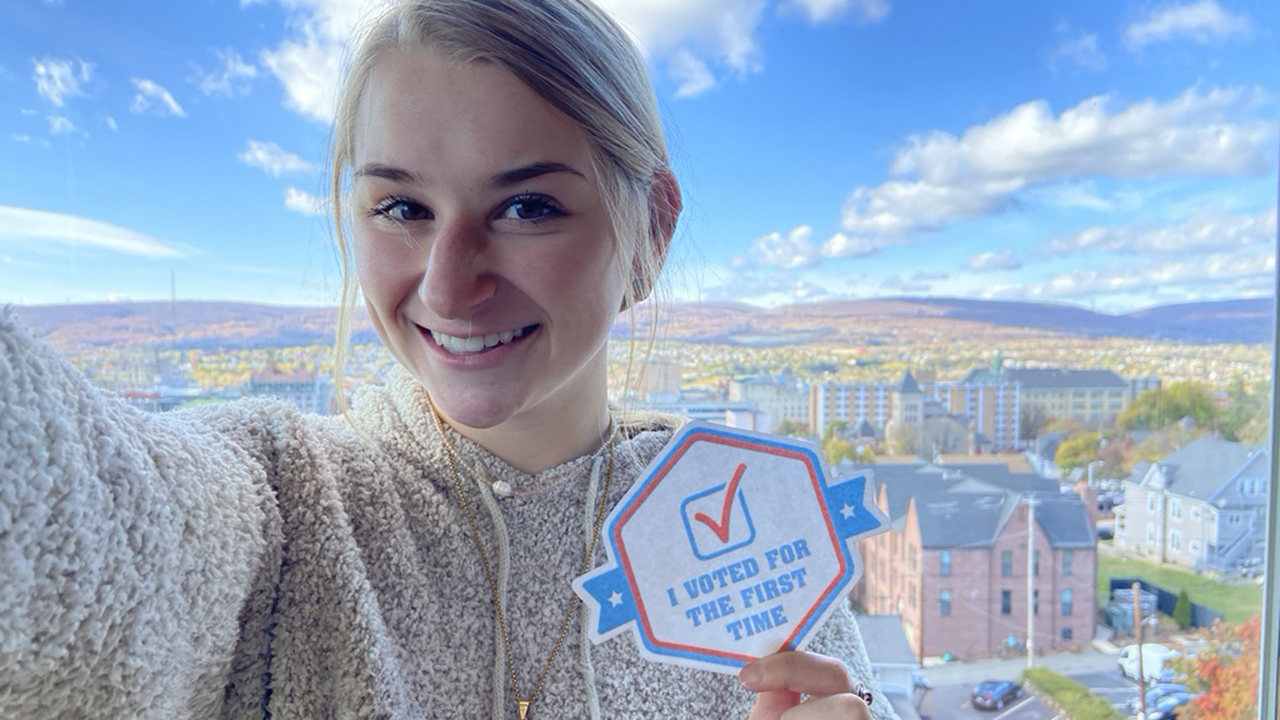They discussed the feelings of anger, disappointment and sadness that can come along with unmet expectations. They also said that these emotions can negatively affect people’s relationships, especially when related to politics.
“These emotions could impact their relationships with others, including those in their support network, especially if both parties hold differing views about the election outcome,” Morgan and Nardone said, “In a time when it is already difficult to maintain meaningful connections, losing that connection could be extremely detrimental for people’s’ overall well-being.”
Morgan and Nardone said that it is important to learn how to put political differences aside in order to maintain connections. Morgan said that spending time with others is meaningful.
“Try to find common ground rather than focusing on differences,” they suggested.
Lastly, the two spoke about the importance of radical acceptance, which means understanding when situations are out of your control. Morgan and Nardone said it is important to not waste energy on the unfavorable outcome.
“Giving the unfavorable outcome your energy and focus is not going to change it and will instead only drain your mental and emotional resources that could be used elsewhere,” Morgan and Nardone said.
To use your energy for beneficial activities, the two suggest taking part in local and political activities that are meaningful and rewarding to you.
“[Step] away from social media [and] news for a bit, [do] service in your local community… or [engage] more actively on a local or party level for the next election,” they told me.
Though there is much uncertainty surrounding the election and politics right now, remember that it is still important to fulfill the civic duty of making your voice and needs heard by voting in this election.



 Jean Harris, Ph.D., a professor of political science at Scranton (pictured at left), offered insight into the importance of voting and how it creates a better society when everyone participates. She told me how voting is the most common form of political participation and noted that those who vote decide to do so because there are benefits that come along with voting.
Jean Harris, Ph.D., a professor of political science at Scranton (pictured at left), offered insight into the importance of voting and how it creates a better society when everyone participates. She told me how voting is the most common form of political participation and noted that those who vote decide to do so because there are benefits that come along with voting.





